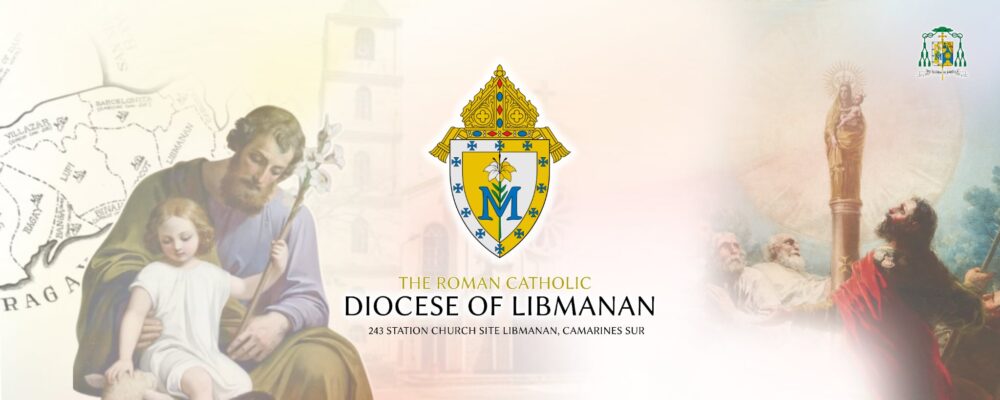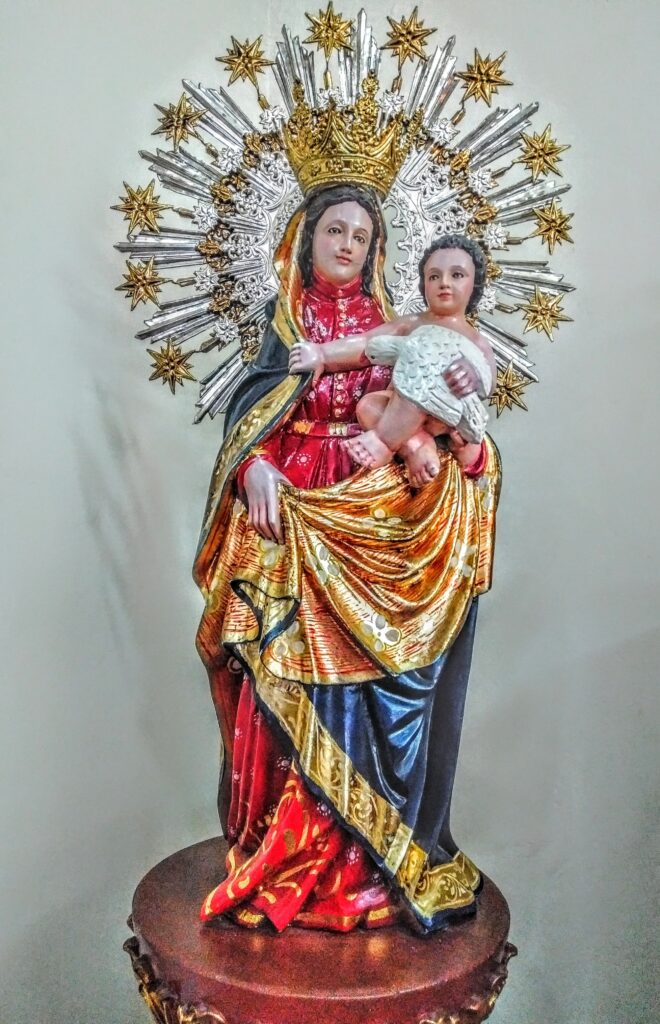(Last updated: 31 December 2025)
This lexicon has been prepared to help the faithful understand some difficult Bicol words used both in Liturgy and the Bible. This is by no means the only one of its kind. One may also use a similar list of Bicol words that have also been collected in “Dictionary”, in Banal na Biblia (binikol ni Msgr. Noe de los Santos, H.P.), Paulines, Pasay City, 2007, pp. 449-455.
Footnoted in this lexicon are the words in the source languages, i.e., Hebrew, Greek, and Latin (Vulgate), which the reader may further refer to for comparison. Used as sources for this purpose are: Biblia Hebraica Stuttgartensia, 5th Ed., Deutsche Bibelgesellschaft, Stuttgart, 1988; Novum Testamentum Graece, Nestlé-Aland 27th Ed., Deutsche Bibelgesellschaft, Stuttgart, 1993; Nova Vulgata, Bibliorum Sacrorum Editio, Sacrosancti Oecumenici Concilii Vaticani II, ratione habita iussu Pauli PP. VI recognita auctoritate Ioannis Pauli PP. II promulgata, Editio Typica Altera, Librería Editrice Vaticana, Vatican, 1998. Source for the Greek Septuagint is https://www.ellopos.net/elpenor/greek-texts/septuagint/chapter.asp?book=45&page=3
Also included in the footnotes are selected biblical and liturgical citations intended to serve as references for actual textual use. One should always be aware that a particular word may have different meanings depending on the context in which they are used.
This lexicon is by no means complete. Featured here are simply the difficult words or ideas that require explanation. These words may no longer be frequently used in day-to-day conversations, and their meanings have become obscured due to non-use. Many of these words, in all likelihood, are no longer familiar to younger generations, giving some, if not many, the impression that they have become archaic. On the contrary, they are beautiful words that express meanings peculiar to the liturgy, still too valuable for the liturgy to be lost and forgotten, and thereby further contribute to the impoverishment of the Bikol language.







